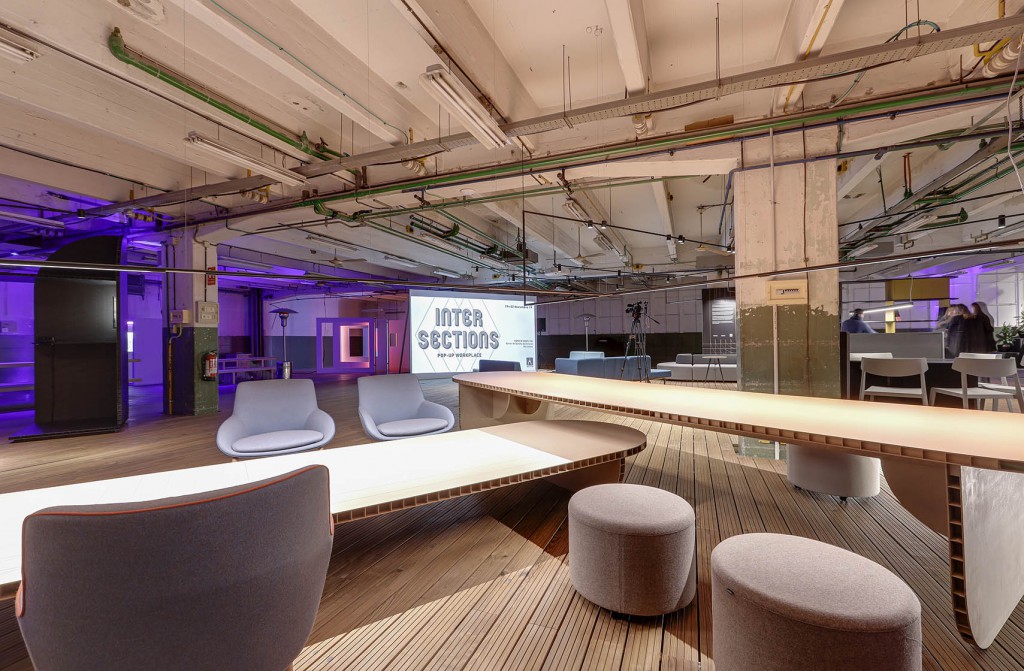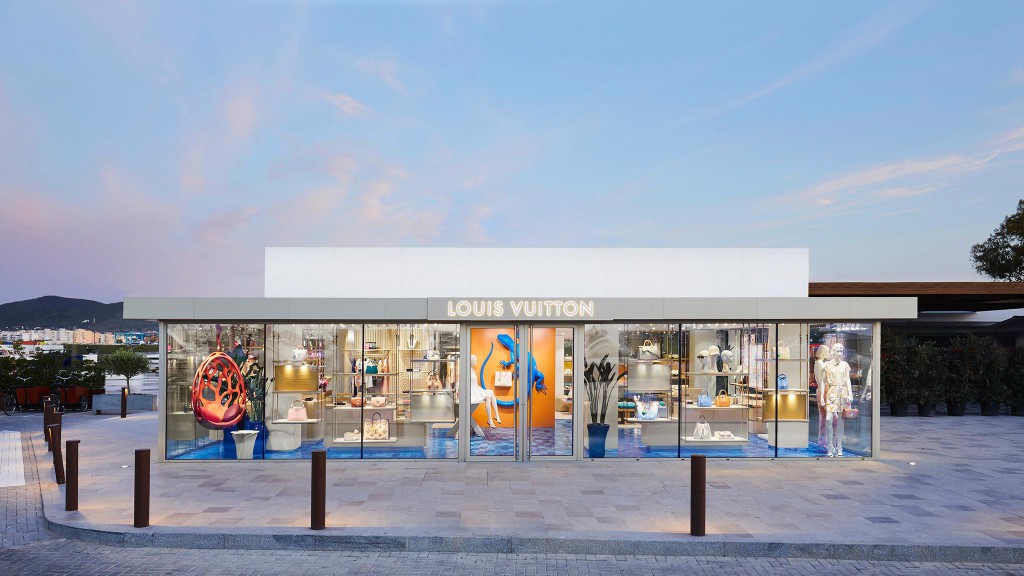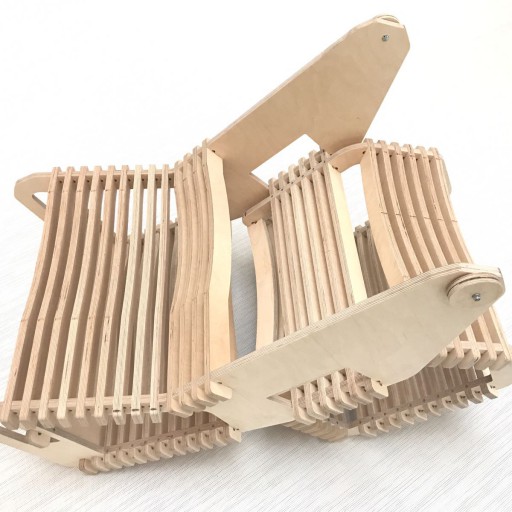Pop-up stores are hot right now. Big companies, small companies, online stores and bricks-and-mortar shops are all opting for these stores that come with a fixed expiry date. Some brands were already doing this before the pandemic for different events, but global hiatus has made them even more popular. Why? Well, in large part it’s thanks to the versatility they offer because of their temporary nature, while also avoiding the maintenance costs of a permanent space.
What is a pop-up store?
A pop-up store exists for a short period of time in a strategic location, such as the corner of a mall, a rented space on the high street of a big city, or a music festival on the beach.
In 2021, French Open and its sponsor Lacoste created a unique brand for the occasion, opening a pop-store at the luxurious Galeries Lafayette to sell player’s clothes, umpire uniforms, and accessories that were exclusive to the event.
Vivez @rolandgarros aux @Galeries_Laf de Paris ! ? Retrouvez 3 pop-up stores dédiés au célèbre tournois et profitez des matchs sur grand écran sur le rooftop. ☀️ #RolandGarros #RG21
+ d’infos ? https://t.co/ab6ynAOsiY pic.twitter.com/rH8xP3kdxi
— Paris je t'aime (@ParisJeTaime) June 1, 2021
The advantages of the pop-up store
These stores are flexible spaces that make adventurous designs possible and offer customers unique and innovative experiences. Their exclusive atmosphere attracts consumers that experience FOMO, or the fear of missing out, and that make purchases based on impulse because the products are usually only available for a limited time.
These types of spaces also make it possible for online stores to make in-person contact with their existing customers, capture new, offline customers, improve engagement, or sell in-stock products without the risk that comes with setting up a permanent location.

Pop-up stores and exclusivity
We have already seen that pop-up stores that can be a controlled way of taking on the risks that come with renting or buying a space. At the same time, a temporary store can also symbolise exclusivity when it’s used to introduce a unique collection or when it’s set up in a holiday destination.
Luxury brands open their pop-up stores along the Mediterranean Coast during the summer where they present capsule collections for the season. French brand Louis Vuitton has done this in Ibiza and at several locations along the Italian coast, including Portofino, Capri, and Como.

Snow-capped mountain ranges also make ideal locations for a pop-up store. The North Face set up their own in the heart of the Dolomites in Northern Italy. The space symbolised the adventurous spirit of the brand and featured a display of eight collector’s items that had been donated by famous explorers which were then put up for auction.
Pop-up stores as a post-pandemic trend
Pop-up stores are innovative spaces, but they aren’t exactly a new concept. The retail sector has been using them for years because they offer the possibility of having a physical point of sale without the need for a huge investment.
During the pandemic, retailers were forced to close their physical stores. By turning these spaces into locations where customers could pick up products, they were the only way to maintain contact with the community while sticking to social distancing rules. Notting Hill Fish Shop is a great example. It opened during the pandemic with a three-month lease. Following the success of the pop-up store, they changed locations and started sell meat as well as fish. You can the full story in Fortune magazine.
Ver esta publicación en Instagram
Following the first waves of the pandemic, many businesses that were forced to close their doors struggled to get back to normal. They didn’t have the capital to pay rent long-term rent but opening a pop-up store gave them a another chance minus the huge expense.
Nevertheless, Vogue Business says that there is a global excess of commercial space and that property owners are desperate to fill their empty stores. For this reason, they are willing to accept short-term, more flexible rental contracts that allow the renter to renovate the space. To meet this demand, real estate agency CBRE launched Book a Corner, a digital platform for short-term rentals.
The versatility of pop-up stores when it comes to location, architecture, design, and time has made them ideal for retail as it returns in the wake of the pandemic, providing a place from which to sell accumulated stock and to present collections or exclusive items.
Would you use a pop-up store for your business? Have you taken part in a pop-up store project? Tell us all about it on social media using #ConnectionsByFinsa.



